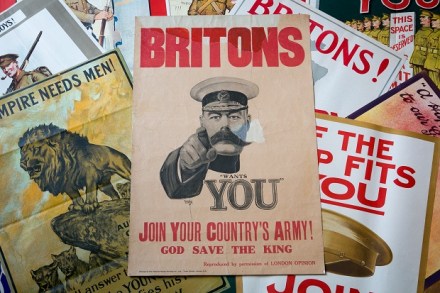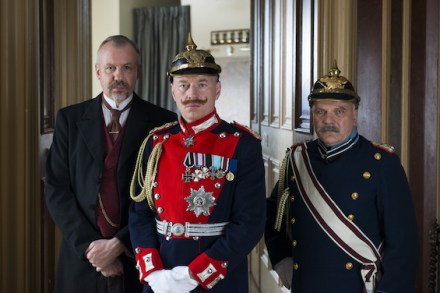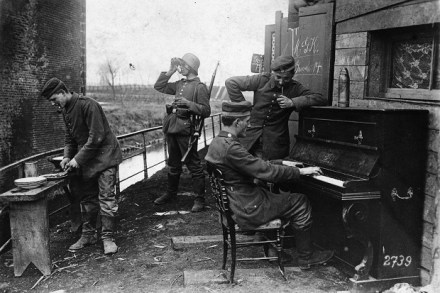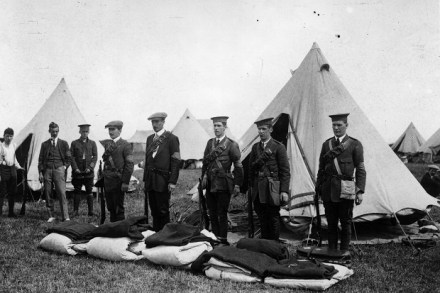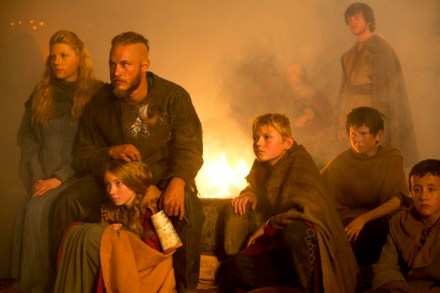1914 and all that
Yesterday was a chance for people to remember relatives who died in the 1914-1918 conflict, often the only record of their existence being grainy old portraits from a grandmother’s mantelpiece and a gravestone in France. I have no idea what my grandfather did, although he was old enough to be fighting by the end of the war; he was a journalist too so he probably just sat behind a typewriter encouraging others to fight and making stuff up. I do remember as a child hearing about how my great-uncle, Charles Leaf, had suffered terrible shellshock in the trenches. But I only recently read my grandmother’s memoirs, which were published in


